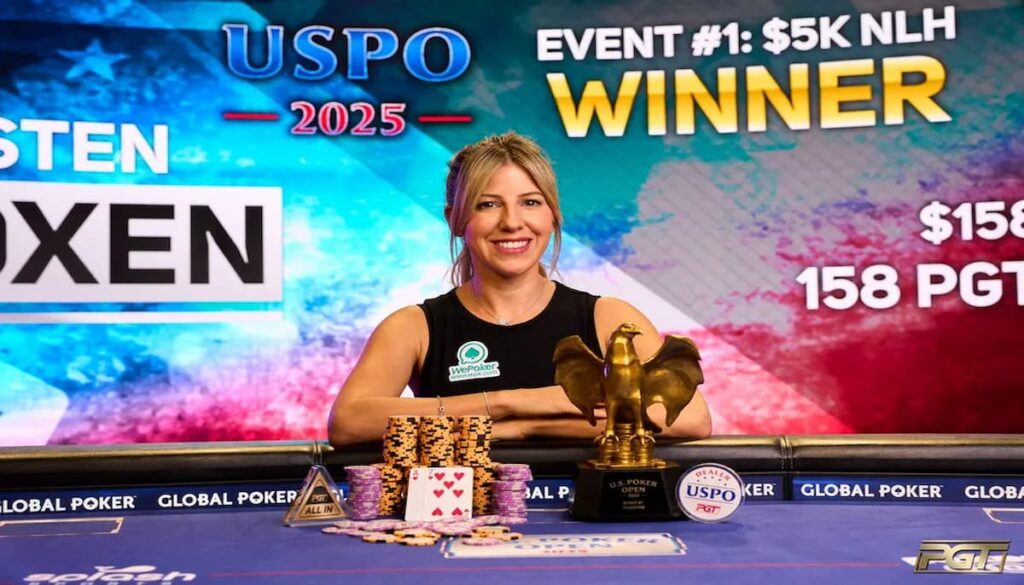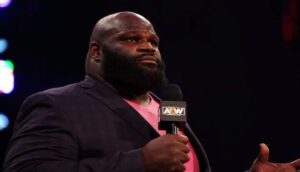While recent COVID-19 restrictions haven’t been good news for California cardrooms, the latest development in a tribal casino lawsuit should lift spirits.
On Thursday, two judges from the Ninth Circuit Court of Appeals upheld a lower court’s dismissal of a lawsuit against Gov. Gavin Newsom, which claimed gaming exclusivity for tribal casinos and challenged the authorization of cardrooms to offer player-banked games.
In player-banked games, players are not playing against the house but rather a banker who happens to be another player. The player-banker collects losses and divvies up winnings each hand before passing on the responsibility to another player. This allows cardrooms to offer games such as baccarat, much to the chagrin of tribes, who believe they have exclusive rights to such games.
Now, while cardrooms can continue offering these games, plaintiffs for tribal casinos are left with few options to keep fighting.
The latest on the tribal casino lawsuit against Newsom
Since cardrooms started operating in California, tribal casinos in the state have taken issue with their very existence. Tribes maintain that their gaming compacts with the US government and the state give them the exclusive right to offer the types of games that patrons visit cardrooms to play, such as player-banked games.
When tribes were unsuccessful in lobbying state officials to enforce the tenets of their compacts as they interpreted them, they decided to press the issue in federal court. The Yocha Dehe Wintun Nation, joined by two other tribes that operate casinos in the state, acted as the plaintiffs.
The tribes asked the court to essentially compel Newsom’s administration to restrict cardrooms’ operations. In June 2019, the district court granted Newsom’s motion to dismiss the case.
In that decision, District Judge John A. Mendez ruled that the plaintiffs failed to substantiate their claim that the state violated the terms of the compact. Mendez was clear that the law did not require the state to enforce the terms of the gaming compacts against cardrooms.
“Plaintiffs’ exclusivity rights flow solely from the California constitution. This is the unavoidable barrier that prevents Plaintiffs from successfully maintaining their breach of Compact claims.”
The administration twice attempted to find a compromise but never took any action to the extent that it satisfied the tribes enough to withdraw their suit. Late last month, the tribes appealed the district court’s ruling. In its affirmation of Mendez’s ruling, the Ninth Circuit agreed with his reasoning.
“We need not decide today whether exclusivity is a compact term. Even assuming that it is, the remedy the Tribes seek, an injunction requiring the State to enforce its laws against non-Indian cardrooms that allegedly operate illegal banked card games, cannot be granted.”
What can California tribes do now?
The paths forward for this suit now become narrow. Tribes can ask the Supreme Court of the United States to review the Ninth Circuit’s ruling. But there’s no guarantee SCOTUS will hear the case.
Other tribal casino operators in California could file a similar suit. However, they would have to produce unique arguments, not simply rehash the issues already ruled on by the circuit and district courts.
The avenue with the greatest potential for success is through the state constitution or the legislature. As Mendez alluded to in his decision, everything hinges on that language.
Tribes could try to push for an amendment to the constitution or an addition to the state’s code. They’ve already gone that route with the potential legalization of sports betting.
Earlier this year, California tribes pushed a petition to force a referendum on sports betting legalization in 2022. They could do the same with cardrooms offering banked games. Such an amendment could make that practice explicitly illegal.
That said, they may have trouble getting enough support for a petition to that end. Tribes would face the same obstacle that the state has in settling this issue.
CA cardrooms have strong proponents in the state
The state hasn’t really taken a stance on the cardrooms vs. tribal casinos issue because of local support for cardrooms. Cities collect tax revenue from their operation.
The state did try to settle the issue this year in the midst of its push for its own sports betting legalization amendment. That would have made cardrooms’ offering banked games explicitly legal. In exchange, tribal casinos would have a heavy hand in wagering on sporting events.
The tribes, though, resisted that deal. Now that their hopes for injunctive relief from federal courts seem dashed, it may force them to be more willing to compromise.
Barring a SCOTUS review, this lawsuit is over. The question of the legality of California cardrooms, though, may still be an issue for a while.
The post Dismissal Of Tribal Lawsuit Challenging Player-Banked Games At Cardrooms Upheld appeared first on Play CA.






